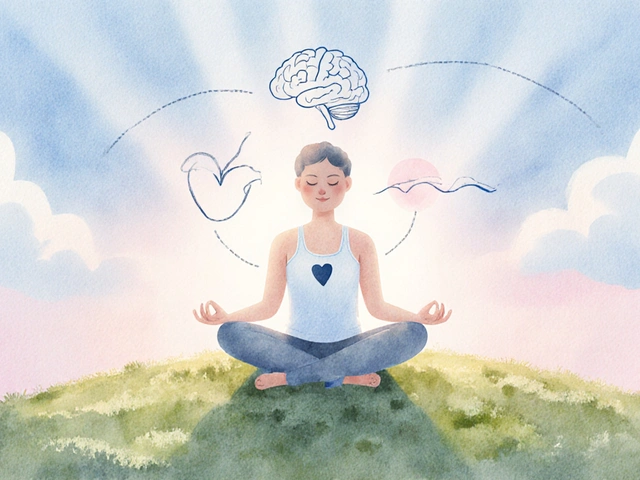Mental recovery process: practical steps to heal your mind
Feeling worn out mentally? The mental recovery process starts with small, clear actions you can use today. Begin by creating one reliable routine: consistent wake time, a short morning walk, and a fixed bedtime. Those three habits stabilize stress and help your mood.
Grounding the body speeds recovery. Move your body daily—walking, stretching, or a short yoga routine. Massage and hands-on therapies reduce muscle tension and signal the nervous system it’s safe; sports massage can be useful when you feel tight or sore.
Focus on sleep and food. Aim for seven to nine hours and avoid late heavy meals. Choose snacks that steady energy—nuts, fruit, or yogurt—so your brain avoids sugar crashes that worsen mood swings.
Train your mind with short practices. Try five minutes of focused breathing twice a day. Use an app for guided sessions or sit quietly and count breaths. Gratitude notes at night rewire attention toward positives and take under a minute.
Creative tools that help
Art, music, and movement give feelings a place to go when words fall short. Try ten minutes of drawing without judging the result, or play a song and move to it. Therapies led by a trained practitioner can guide deeper healing.
Social and professional support
Talk to someone you trust. Small honest conversations reduce isolation and give fresh perspective. If anxiety, panic, or persistent low mood interfere with daily life, seek help from a counselor or doctor. Practical options include short-term therapy, group programs, or a checkup to rule out medical causes.
Track progress clearly. Use a simple daily log — mood, sleep, and one win — to see patterns.
Expect setbacks. Setbacks are normal. When they happen, shorten the plan not quit. Cut back to one small habit for a week and build back. Celebrate tiny wins — a better night’s sleep, one calm moment, a short walk.
Use practical resources—mindfulness apps, short meditations, creative arts exercises, and nutrition tips—to support the process. Our articles cover guided practices, sleep tips, healthy snacks for mood, and when sports massage can help with tension.
Start with one change today. Set your alarm fifteen minutes earlier, step outside, breathe for five counts, and write one thing you’re grateful for.
Combine approaches for better results. Pair short meditation with light movement after work to reset stress. If sleep is poor, avoid screens an hour before bed and try a warm shower. For stubborn worry, schedule a 'worry window'—ten minutes each afternoon to list concerns then close the book.
Try apps that guide short practices—pick one you like and use it for two weeks. A simple journal app or paper notebook works for mood logs. If symptoms last over two weeks or you feel unsafe, contact a professional or crisis service immediately.
Recovery takes time but small steps change your brain and body. Read specific guides on mindfulness, creative arts therapy, nutrition, and sports massage to build a plan that fits you. Start small, keep going daily.
Understanding Mental health: Exploring the Ongoing Wellness Journey
Hey everyone! Just sharing some of my thoughts on this roller coaster that is mental health. You see, I've learned that it's much more like wandering through a maze than reaching a finish line. Every day brings its own challenges and triumphs, and it's all about taking things one step at a time. I want to encourage you all to embrace the ups and downs, and to remember it's okay to seek support along the way. We're in this together, figuring out that mental health is truly a journey, and definitely not a destination.
View More





